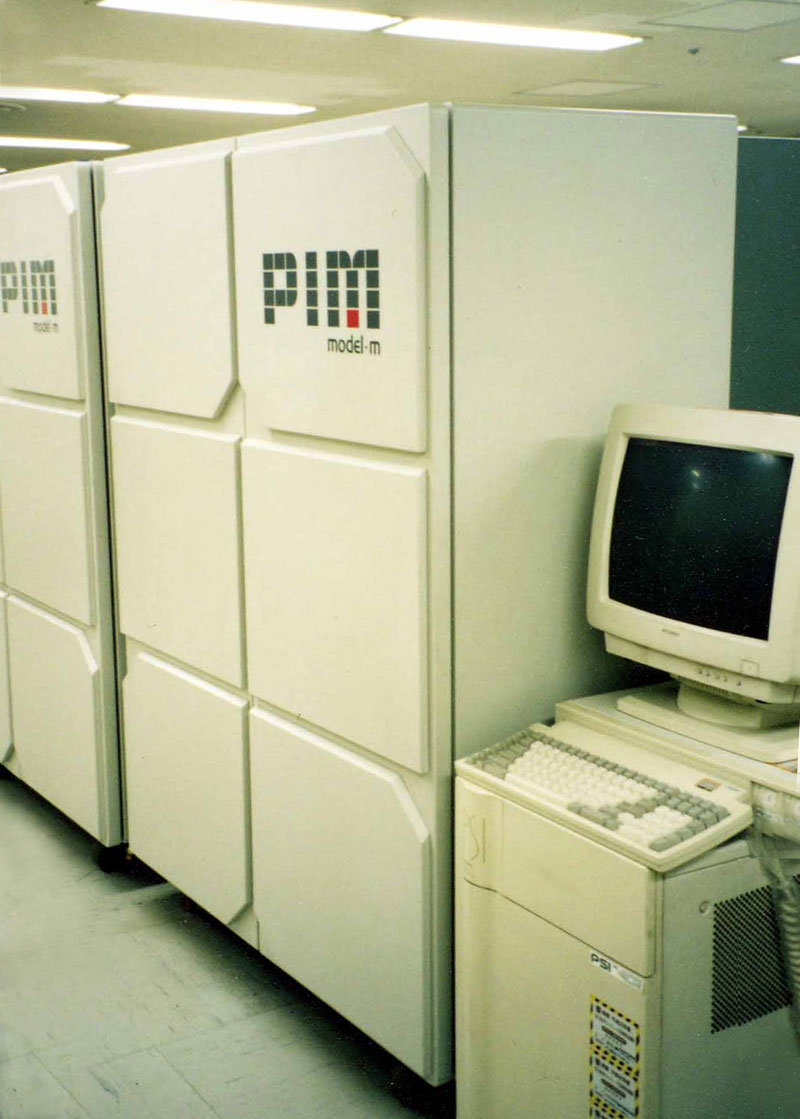Going flat
Rebekah McKendry on spacing out jump scares:
If you’re just up here the whole time, you go flat. There’s nowhere else to go.
Rebekah McKendry on spacing out jump scares:
If you’re just up here the whole time, you go flat. There’s nowhere else to go.
Watching so many TikToks has got me thinking about my phone. Bo Burnham said,
Every night we have to chose between all the information in the world and the back of our eyelids. Between infinity and oblivion.
Or maybe more humbly, Ernie Smith:
It’s way too easy to get distracted by a device that can do literally everything.
Ernie also called it a “slab of glass,” which is weirdly what I’m finding most salient about this whole experience. It’s just so light.

The greatest line ever spoken:
Can you jam with the console cowboys in cyberspace?
Fascinating how the archetypal “wanderer,” the drifter on the American Frontier, is compared to the master of the early Internet, another great frontier.
Puzzling how, spoken as it is in an edutainment sitcom, it probably didn’t sound cool to the console cowboys of the era, and only sounds cool now in an ironic way.
Convenient how, um, I actually don’t have anything to say about it. I jotted it out in my notebook and wanted an excuse to share. Also I think it went viral a couple years ago so I’m way late.
I love a moon aesthetic, but I feel like it’s often paired with a winter/fall/rain/coldweather mood. Can I offer a “full moon” and “new moon” divide?
What I mean is, spring is my favorite season. I think May is my favorite month, but maybe it’s April? I love April. Anyway, by way of ringing in the month, e. e. cummings:
let the world say “his most wise music stole
nothing from death” —
you only will create
(who are so perfectly alive)my shame:
lady through whose profound and fragile lips
the sweet small clumsy feet of April came
Henrik Karlson on the childhoods of exceptional people:
Blaise Pascal, too, was homeschooled by his father. His father chose not to teach him math. (The father, Etienne, had a passion for mathematics that he felt was slightly unhealthy. He feared mathematics would distract Pascal from less intrinsically rewarding pursuits, such as literature, much like modern parents fear TikTok.)
From his Substack, Escaping Flatland.
Miles Davis to Herbie Hancock (potentially misheard):
Don’t play the butter notes.
James Greig on needing to grow up, and a great counterpoint to the (un)conscious art conversation:
Make no mistake: the capitalist elites want you to think of yourself as a silly little goose.
Simplifying art does make you “a more pliant consumer.” Artists need to be conscious of how their work affects people — we’re not chaos monkey technicians — but I do think it’s a good argument for why we should also be more conscious consumers. Enjoy your Marvel movies, but don’t believe they’ll save the world.
John McCarthy, who appears as the Google snippet for searching “father of artificial intelligence”:
As soon as it works, no one calls it AI anymore.
Until recently, that is.
From the robust gamemastering tips in Electric Bastionland, a game by Chris McDowall:
Don’t keep your best ideas for later. Use them right away.
Funny enough, a friend gave me this same advice when I was still pacing over what to call my Substack. I imagined I wanted to save Supernormal for if I ever wrote a book, which is an extremely silly thing to do!
Nick Bostrom in Superintelligence on the failure of Japan’s Fifth Generation Computer Systems Project, a 10-year plan at the end of the twentieth centruy to create a massive supercomputer that could house complex AI. He’s quoting Jacob Schwartz here:
At this point [following the failure of Japan’s Fifth-Generation Computer Systems Project], a critic could justifiably bemoan “the history of artificial intelligence research to date, consisting always of very limited success in particular areas, followed immediately by failure to reach the broader goals at which these initial successes seem at first to hint.”
I’m not a total AI skeptic — I just think that our capacity for dreaming far outstrips the real pace of technology. Computing, like every field of science, is built on more failures than successes.
